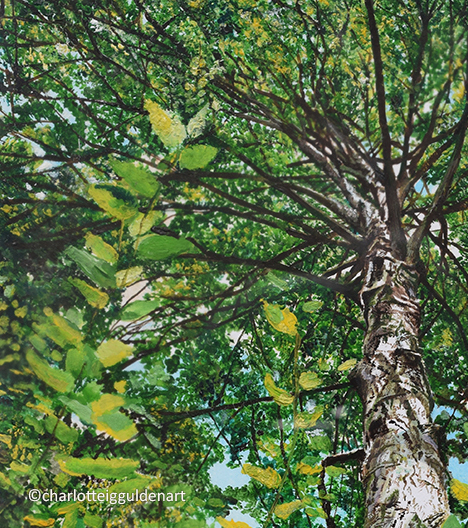
‘Being rooted and grounded in love.’
Ephesians 3:17-19
For 60 minutes on the evening of 24 March 2018, hundreds of millions of people worldwide will turn off non-essential electric lights as a symbolic show of solidarity to connect to the earth and help reverse climate change.
Organised by the WWF, Earth Hour began as a lights out event in Sydney in 2007 and has since grown into a worldwide phenomenon, with businesses, individuals and communities across the globe pledging to protect the planet. The event usually falls on the last Saturday of March, but has been moved forward a week in 2018 to 8:30pm-9:30pm on Saturday 24 March, due to Holy Saturday (the day after Good Friday) falling on Easter weekend.
The worlds most iconic landmarks will be participating – Edinburgh Castle, Buckingham Palace, Sydney Opera House and the Eiffel Tower. Last year, 9 million people took part in the UK alone! You can use this interactive map to find out what is happening near you.
Humanity has a heavy weight of responsibility for the future of the planet and to live with regard for the environment. Earth has been afflicted by deforestation, climate change, plastic, pesticides, fossil fuel pollution and wildlife trafficking amongst others, most of which have arguably been driven by greed and profit, with devastating consequences for our environment. Earth Hour is a means to reverse the damage done before it’s too late, by encouraging people to make a small change in their lifestyle and to reject a throwaway culture. Backed by a global movement, real beneficial change can be made.
I chose to use my oil painting of the Ash Tree in our garden to highlight the importance of trees to our planet. This is a section of the canopy:

Climate change is a natural phenomenon that has been rapidly exacerbated by the flagrant burning of our natural resources and releasing toxic chemicals into the atmosphere.
Through photosynthesis, trees absorb carbon dioxide emissions and pollutant particles in the atmosphere, then store the carbon and release pure oxygen, improving our air quality. Forests and trees in temperate regions also help cool the earth’s surface as they evapotranspire, by releasing moisture into the atmosphere and contributing to rainfall. It is estimated that 40% of rainfall on land is due to evotranspiration and according to Cool Earth, just one tree produces 324 litres of water per year and one acre of rainforest produces 76,000 tons of water.
On average, a new acre of trees can absorb 2.5 tons of carbon annually. A tree reaches maturity at around ten years, releasing enough oxygen to support two human beings. They help reduce the greenhouse effect by shading buildings, reducing the need for burning fossil fuels to power air conditioining. Planting trees is the most cost effective way to remove excess carbon dioxide.
Unfortunately, according to The Queen’s Commonwealth Canopy, 32 million acres of trees are deforested worldwide each year; this equates to 9.9 million acres of forest in Africa each year and 10.6 million acres of forest in South America.
Charities like Cool Earth helps put local rainforest communities back in control of the forests, protecting their future and that of the wildlife and biodiversity, rather than allowing vast swathes to be deforested for unnatural plantations such as soy production or palm oil.
Reforestation projects can help reverse the damage caused by global warming by absorbing carbon dioxide emissions from the atmosphere in the trees and soil. 20,000 new trees are being planted in the Seychelles as part of The Commonwealth Canopy Project, and here in the UK, woodland conservation charity, The Woodland Trust has planted over 30 million new trees, helping to restore devastated ancient woodland as well as creating new woodland areas.
There are many quick solutions that can help reduce CO2 emissions, whether its recycling more, turning your washing machine to 30 degrees, switching to a green energy supplier, becoming a flexitarian or composting food. What will your promise be?
For every promise made, Ariel will donate £1 to help protect the planet.
Earth Day is also soon approaching, held annually on 22nd April, the focus of which will be plastic pollution. Did you know that by 2050, there may be more plastic than fish in the sea? It is always my hope that my art can show the beauty of the world and God’s creation, encouraging people to live closer to nature and to protect it for future generations.
Join the global movement today!
